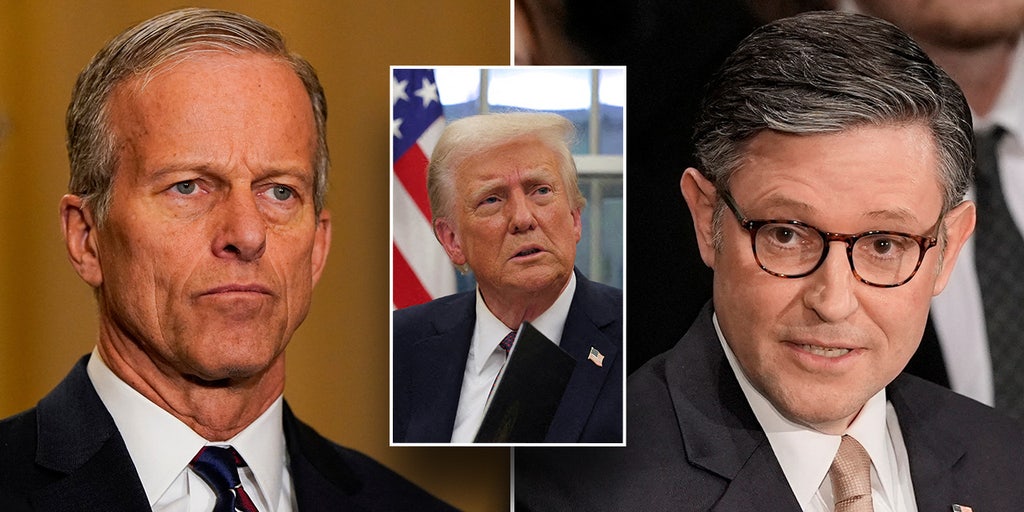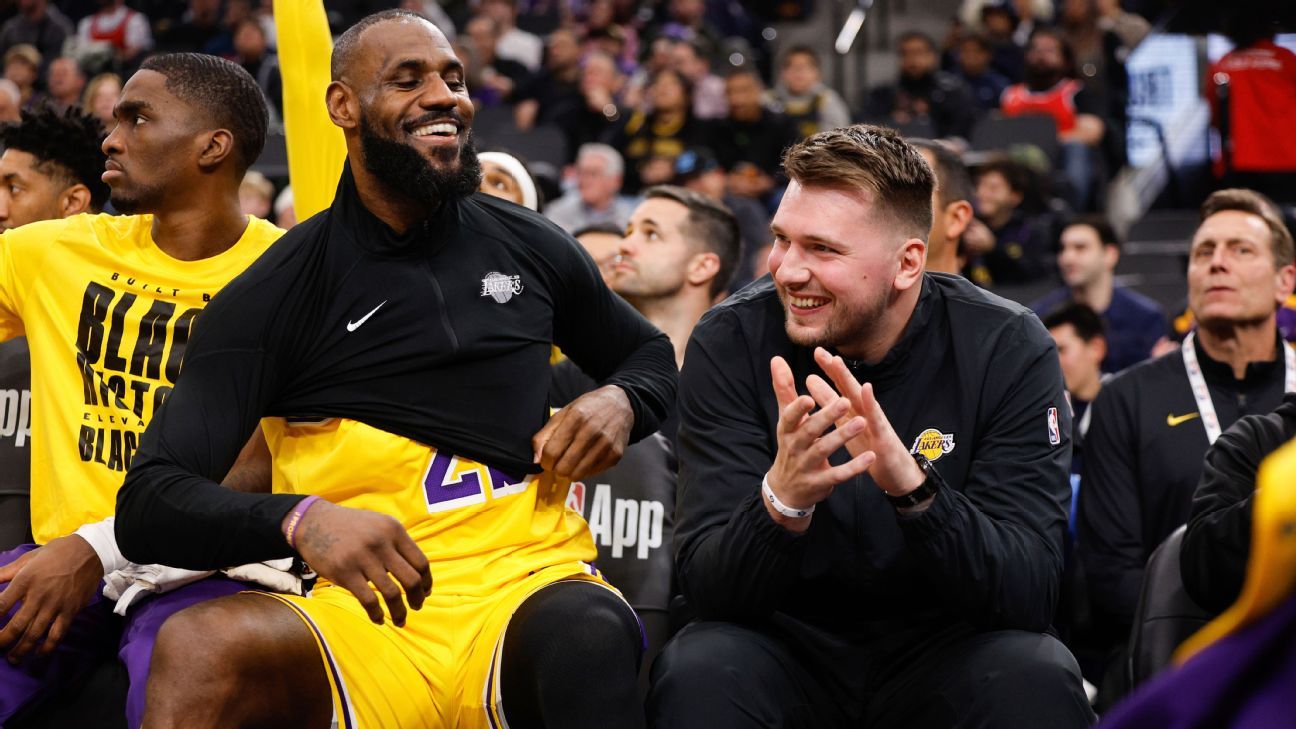Preliminary Data Suggests Black Hawk Helicopter Crew Wore Night-Vision Goggles Before Fatal Collision

The National Transportation and Safety Board (NTSB) chair, Jennifer Homendy, stated Thursday that preliminary data indicates the crew of a Black Hawk helicopter was wearing night-vision goggles prior to a tragic collision with an American Airlines jet last week near Washington, D.C.
In a briefing for the House Committee on Transportation and Infrastructure, Homendy confirmed that all 67 individuals aboard the two aircraft were fatalities from the accident.
When asked about the pilots’ use of night-vision goggles, she replied, "We do believe, given the mission and the information or lack thereof on the cockpit voice recorder (CVR), that they were wearing night-vision goggles," emphasizing that her conclusion is based on preliminary information.
Homendy elaborated that if the crew had not been using night-vision goggles, protocol would necessitate an announcement of flying unaided. "That was not indicated on the CVR," she specified. "We did not find any indication of that on the CVR, suggesting they would not have been flying without them. However, it's still preliminary."
During her remarks, Homendy described the nature of the Black Hawk's mission that evening as a "check ride," which is a procedure for assessing pilot proficiency. She noted that this specific flight constituted an annual night-vision goggle check ride.
Senate Commerce Committee Chair, Ted Cruz, R-Texas, mentioned that the Black Hawk had disabled its automatic dependent surveillance-broadcast (ADS-B), a common practice permitted for military aircraft. He asserted, "This was a training mission, so there was no compelling national security reason for ADS-B to be turned off," following his attendance at the NTSB and FAA briefing.
ADS-B is a sophisticated surveillance technology designed to accurately track aircraft positioning. While the Black Hawk was equipped with a transponder for radar visibility, ADS-B offers enhanced precision.
Previously, Sen. Maria Cantwell, D-Wash., raised concerns with the FAA regarding military flights operating without ADS-B since 2018. In the wake of the collision, the FAA announced it would review air traffic at airports with a high volume of mixed helicopter and airplane operations, prompted by Cruz's call for a safety evaluation.
As a result of the incident, the FAA has initiated stringent regulations on helicopter flights in the vicinity of Reagan National Airport in Arlington, Virginia, expected to remain in effect until at least late February. Two lesser-used runways are currently closed, and civilian aircraft are prohibited from the area when police, medical, or presidential helicopters are active in the airspace, as per an FAA advisory.

















